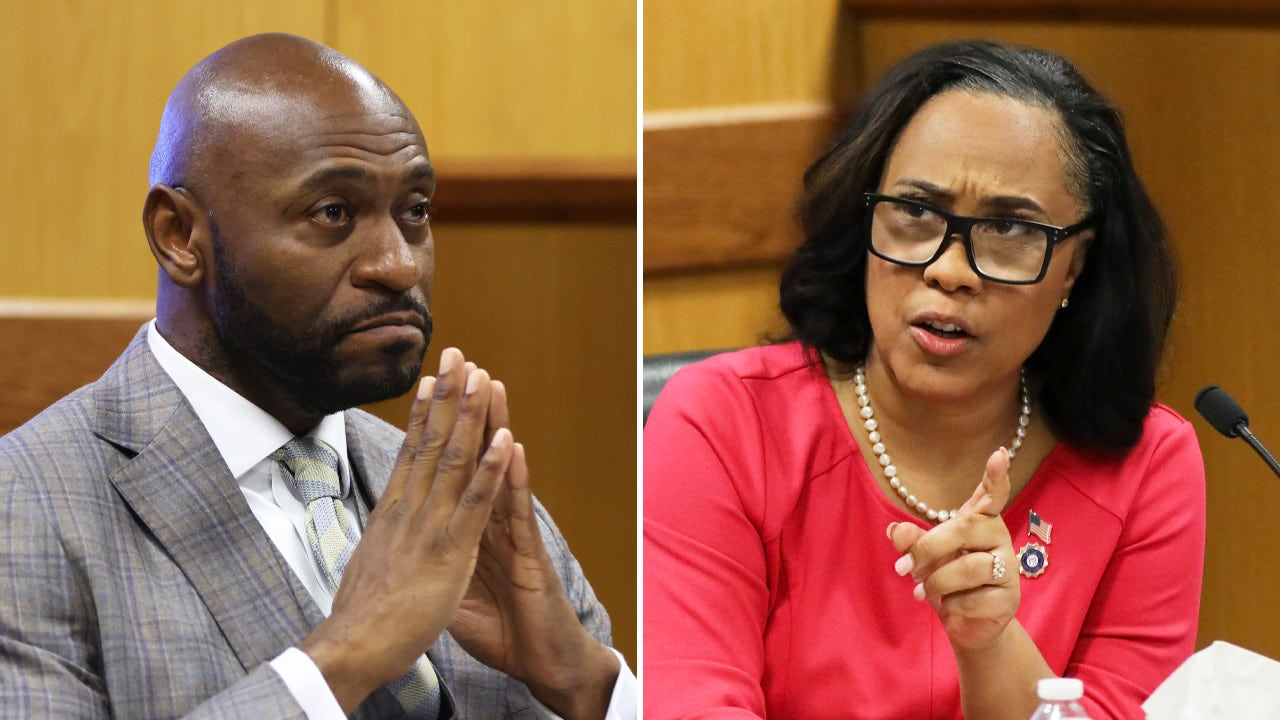This story discusses suicide. If you or someone you know is having thoughts of suicide, please contact the Suicide & Crisis Lifeline at988 or 1-800-273-TALK(8255).
May is Mental Health Awareness Month, a needed spotlight because the most recent data show nearly 50,000 people died by suicide in America in 2022.
This is heartbreaking, nearly 17 times the number of people killed from the 9/11 terrorist attacks. It’s the highest number ever recorded and the highest rate since 1941 – the Great Depression’s aftermath.
Unfortunately, there’s a glaring discrepancy between proven treatments for mental illness and the worldview of practitioners, a gap that could be harming patients’ mental health. This is a growing crisis as U.S. mental health deteriorates underrecord depression rates.
Our mental health industry must rethink how it integrates spirituality in therapy and other treatment protocols. (iStock)
Overwhelming scientific evidence connects faith and religious practice with strengthening mental health, lowering depression, and preventing suicide and drug and alcohol overdoses.
THIS DOCTOR’S ADVICE: FAITH CAN BOOST YOUR OVERALL WELLNESS AND HAPPINESS. I KNOW, I’VE LIVED IT
Yet Harvard School of Public Health and Harvard Medical School researchers found”spiritual needs of patients with serious illness are frequently unaddressed within medical care” and “unaddressed spiritual needs can be associated with poorer patient quality of life.”
Harvard School of Public Health reported in a 2020 study that women who attend weekly religious services are 68% and men 33% less likely to die “deaths of despair” – suicide, drug overdose or alcohol poisoning.
“Empty pews are an American public health crisis,” Harvard researchersTyler VanderWeele and Brendan Casewrote in a co-authored 2021 piece for Christianity Today. “Americans are rapidly giving up on church. Our minds and bodies will pay the price…. A number of large, well-designed research studies have found that religious service attendance is associated withgreater longevity, less depression, less suicide,less smoking,less substance abuse, better cancer and cardiovascular-disease survival,less divorce,greater social support, greater meaning in life, greater life satisfaction, more volunteering, andgreater civic engagement.”
FAITH-BASED HEALING OVER PSYCHEDELIC BAND-AIDS FOR STRUGGLING VETERANS
Similarly, the National Bureau of Economic Research reported in January 2023 that states reporting declining religious attendance also saw increasing deaths of despair, and vice versa.
A summary ofliterature reviews appearing in Psychiatric Times reported 68% of longitudinal studies “found that greater religiousness predicted mild symptoms and faster remission at follow-up.” The review also found “of 134 studies that examined the relationships between religious involvement and substance abuse, 90% found less substance abuse among the more religious.”
The journalSociology of Religion reported psychologists are the least religious of professors, with 61% reporting themselves atheist (50%) or agnostic (11%). Similarly,Harvard reported psychology professors (along with biologists) are least likely among all professors to believe in God.
The religious beliefs of mental health professionals don’t match the United States, where Gallup found81% of people report they believe in God. Comparable gaps exist in national media and Hollywood.
Thiscavernous cultural blind spot manifests in mental health treatment. It’s partially why we’ve created the “Anxious Generation” (identified by Jonathan Haidt) deluged with the”Bad Therapy” (identified by Abigail Shrier).
A faith-based worldview, often correlated with “conservative” or “traditional” religious values, is highly underrepresented among psychiatrists. Yale researchers reported psychiatrists ranked 23rd among 24 medical specialists in their low Republican Party registration – far below the general population.
Obviously, a nonbeliever can deliver robust mental health treatment. However, the concepts of “lived experience” and “unconscious bias” – ideas touted by progressive academics in matters of race and gender – are missing at the intersection of faith and mental health.
CLICK HERE FOR MORE FOX NEWS OPINION
The “lived experience” of faith’s positive impacts is missing in today’s mental health community. This blind spot could be causing considerable harm to patients.
Interestingly, despite mountainous evidence showing the mental health benefits, research from thePsychology of Religion and Spirituality found atheism correlates withemotional suppression. If part of mental health treatment involves healthy emotional processing and feeling, it begs the question whether atheist therapists fully grasp the emotional power of spirituality.
I have experienced this healing power in my own life. As Idetail in my new memoir I suffered child abuse – physically, emotionally, mentally and sexually. Though I’ve recovered in many respects, it’s taken decades of work with both effective and ineffective therapists.
The best ones integrate faith into our sessions. The best combination is what I call “prayerapy”: prayer + therapy. I’ve also benefited tremendously from deep healing and deliverance prayer ministries, where we’ve prayed over redeeming specific traumas to help rewire my brain through neuroplasticity.
I’m far from alone. It’s time our mental health industry rethinks how it integrates spirituality in therapy and other treatment protocols. Our lives depend on it.
CLICK HERE FOR MORE FROM CARRIE SHEFFIELD
Carrie Sheffield is author of “Motorhome Prophecies: A Journey of Healing and Forgiveness.”


 Video
Video Video
Video Video
Video Video
Video Video
Video
